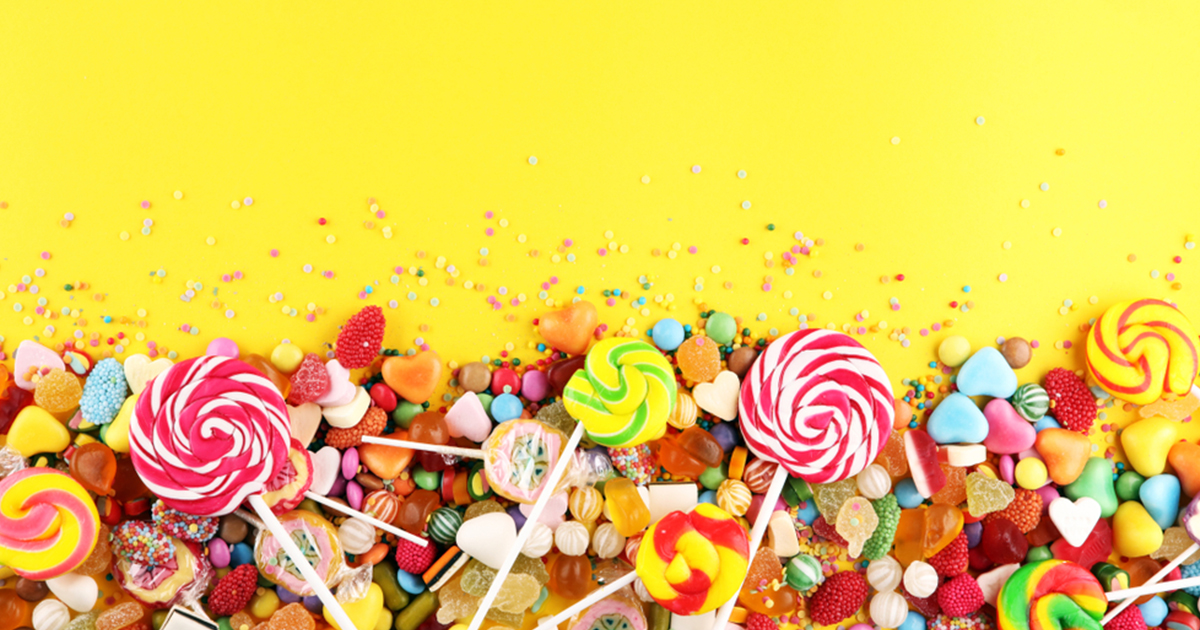Food That Is Secretly Harming The Kidneys

Persistent high level of blood sugar is one of the leading causes of kidney injury of all time. Keeping our blood glucose level in a healthy and normal range is definitely a way to protect our blood vessels and kidneys.
Although sugar is an important energy source, overconsumption could raise many health issues. World Health Organisation (WHO) recommends that the daily sugar intake should be less than 10% of the total calorie intake and, ideally, less than 5% of the total calorie intake. For example, if we consume 2000 calories daily, the daily sugar intake should be less than 50g, preferably less than 25g. In this guideline, sugars are referred any added sugars in food, as well as sugars that are naturally found in honey, syrup, fruit juice, and concentrated fruit juice.
Many foods are prepared with added sugar to serve as flavoring, preservatives, or fillers. Some foods may contain more sugar than we can imagine!
1. Condiment
In the market, condiments like ketchup and barbecue sauce are common hidden sugar traps. One tablespoon of ketchup already contains one teaspoon of sugar. Although we need to consume a huge amount of condiments before exceeding the guideline provided by WHO, let’s not forget: food naturally contains sugar, and we often add condiments for flavor when we cook, and sometimes we dip our food in these condiments. It is easy to exceed the recommended sugar intake if we are not mindful when consuming these condiments!
2. White bread
White bread is a type of refined carbohydrate. Wheat is ground and refined during the manufacturing process, leaving only the part called germ, which is high in sugar and low in fiber. It can cause a sharp rise in blood sugar after digesting white bread. Even though white bread is a tasty and convenient food choice, eating it alone can create a huge glucose spike.
3. Breakfast cereals
Cereal flakes sound to a lot of people. However, many cereal flakes in the market contain added sugar. Some brands will add chocolate, honey, dried fruit, etc., to give more flavor and texture. Therefore, it is not surprising that breakfast cereals are another hidden sugar trap.
To avoid consuming excess added sugar, we can read the nutritional labels or buy food labeled as low in sugar or no added sugar. Try making our own food at home is also a great idea. It is much easier for us to control the ingredients and sugars used!
- * All research and clinical data should be used as reference purposes only, results may vary.




